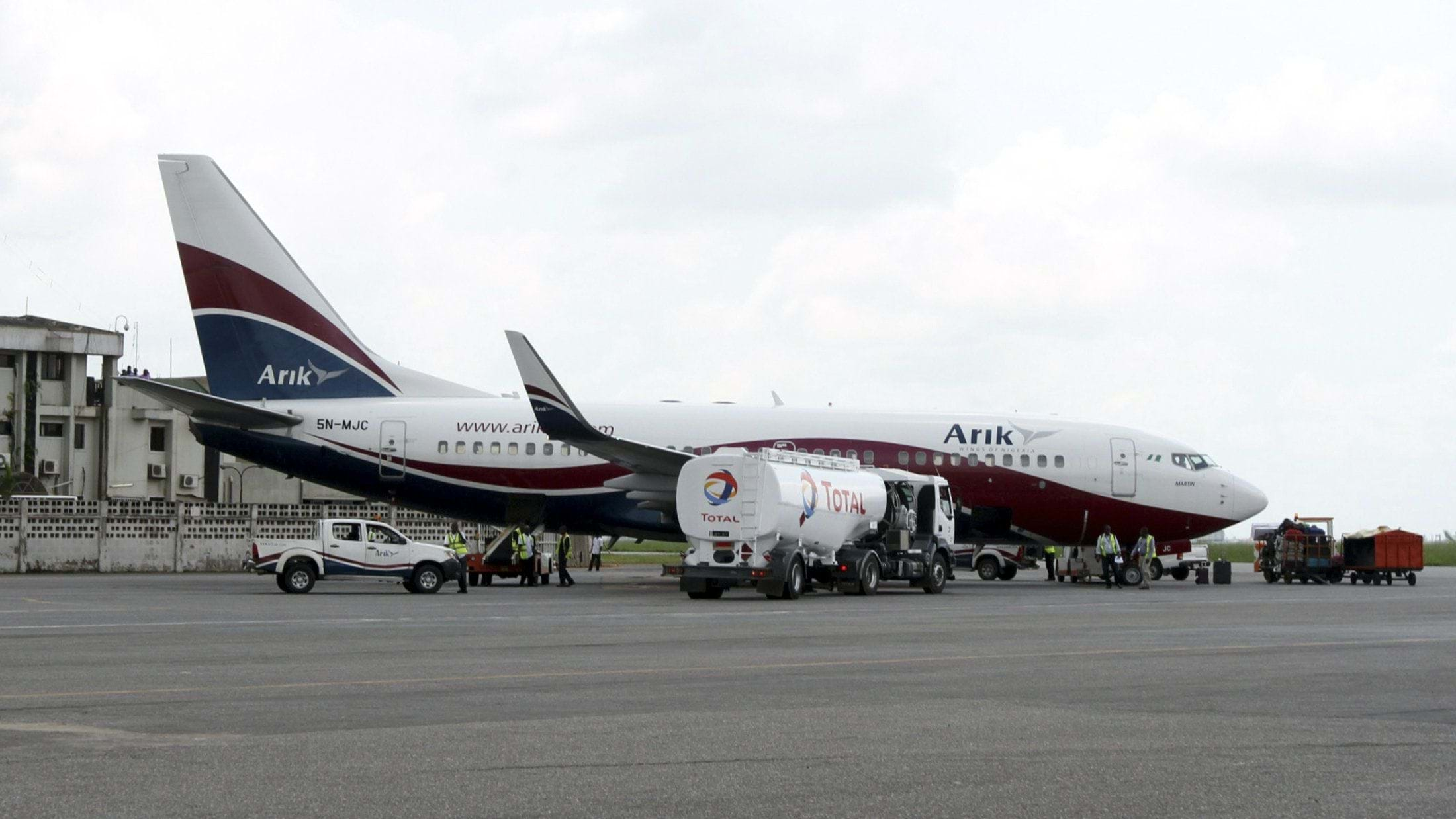
LIFE HACKS
Property and Casualty Insurance Frequently Asked Questions ???????
When you buy a car, home, or other property, you need to understand the insurance implications. Similarly, if you open a business or have employees, you need to understand your insurance needs as an employer. Property and casualty insurance is broad in scope and can be pretty complex.
You might know some general things about insurance and your coverage needs related to property and casualty. But there's probably also a lot that you don't know. To help with this process, here are some frequently asked questions about property and casualty insurance.
1. What is property and casualty insurance?
Property and casualty insurance protects the policyholder against the financial impact of accidents and other unforeseen circumstances, such as damage to the insured's home or car. While not all P&C policies are the same, they share a few essential characteristics.
Property and casualty insurance policies require the payment of an initial premium, along with regular payments called "premiums," to maintain coverage. The policy will specify its coverage and a list of exclusions or things that are not covered.
2. How much coverage do I need?
If you are wondering how much coverage you should get, the best thing is to talk to an insurance agent. The agent will ask a few questions about your current coverage and what risks you are trying to protect against. The agent will help you understand how much coverage is appropriate for your situation and provide a quote for the necessary amount.
3. What is the deductible?
The deductible is the amount the policyholder must pay out of pocket before coverage kicks in. The deductible amount may vary depending on which insurer you choose and the type of policy you buy. The deductible may be a fixed amount or a percentage of the total coverage offered by the policy. The higher the deductible, the lower your premium.
4. Which types of property are covered?
The terms of your policy will determine what is covered. When it comes to specific property types, you will probably see a general statement protecting your belongings, personal property, and real property.
Personal property
This will protect your belongings against damage or loss, such as a stolen laptop or water damage from a burst pipe.
Real property
This protects the building itself from damage, such as a fire that burns the house down or a tree branch that falls and causes damage to the roof.
Additional living expenses
If your home is uninhabitable due to a covered risk, this will cover additional costs related to staying elsewhere, such as a hotel bill, meal, or cleaning fees.
5. Which types of risks are not covered?
Each policy will be different, but knowing what risks are not covered under your policy is important. It is also essential to know if there are any exclusions, usually listed as "not covered" or "not insured."
6. Are there any other requirements?
Like any contract, you must provide the insurer with specific information to be fully insured. They may request information about your home and the people living in it.
They may also ask for information about your car, including the make, model, and year you drive. This information helps the insurer determine how much coverage you should have. Some policies may need you to take out specific policies to be fully insured, such as flood insurance if you live in a flood-prone area.
7. Is there a limit on how much coverage I can have?
Yes, there may be a maximum amount of coverage you can get. This will depend on your state and the insurer you choose. Your agent will advise you on what type of coverage is appropriate. If you are buying coverage for the first time, you may also have to take a risk assessment. This is a standardized test that insurance companies use to determine your eligibility for coverage. It can cover a wide range of topics, including your driving history, the amount of insurance coverage you currently have, and your credit score.
8. How long does it take to be fully insured?
Depending on the policy and state you live in, it can take anywhere between a few days and several weeks to be fully insured. Some policies may take longer, depending on the type of policy you choose. It is vital to shop around and compare policies so you can find the one that fits your needs best while meeting your state's requirements.
To Sum It Up
While most people consider it a cheap way to protect their assets against the financial impact of an accident or other event, property and casualty insurance is very important. It can help you save money in the long run and protect your assets against costly losses. If you don't have enough coverage or your policy doesn't adequately protect you, you could pay more in the long run.
Wondering how to get the right property and casualty insurance policy? It is very easy. You can contact one of our financial advisors or visit one of our branches nationwide.



.jpg)
.jpg)
.jpg)